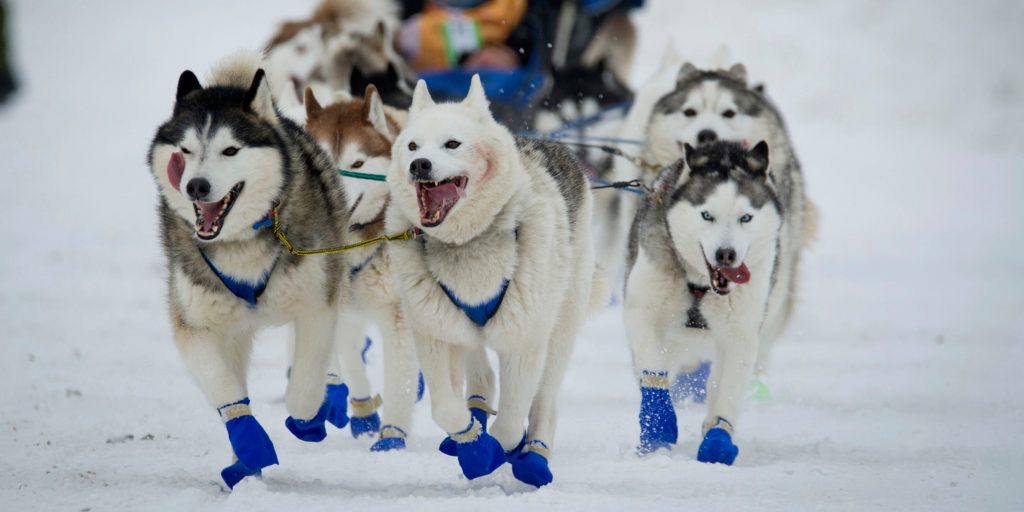
Associated Press
- Alaska sold 75% of its remaining GameStop stake in the third quarter.
- The US state's revenue arm likely pocketed about $5 million from the disposals.
- Alaska grew its Tesla stake by 5% to 134,000 shares, worth $104 million as of September 30.
The state of Alaska, one of the surprise winners from the GameStop short squeeze in January, cashed out most of its profits from its bet on the video-game retailer last quarter.
The US state's revenue department sold almost 29,000 GameStop shares, or about 75% of its stake, likely pocketing about $5 million based on the stock's average closing price in the period. It still owned close to 10,000 shares worth $1.7 million as of September 30, Securities and Exchange Commission filings show.
The Alaskan agency started this year with roughly 43,000 GameStop shares, worth about $19 each or $802,000 in total at the time. The meme stock's price surged as high as $483 at the height of the short squeeze, and it was still trading around $175 at the end of the third quarter. As a result, Alaska has made its money back several times over on GameStop.
Notably, the state's revenue arm boosted its Tesla stake by 5% to about 134,000 shares last quarter. Tesla's stock price also rose 14% in the period, meaning the position's value jumped by 20% to $104 million.
Alaska owned only 2,000 shares of Elon Musk's clean-energy company at the end of September 2020. It ramped up its stake to around 127,000 shares over the next three months, likely in response to Tesla joining the S&P 500 index. Its latest purchases suggest it remains bullish on the business.
Overall, the state's stock portfolio rose in value by 13% to nearly $10 billion in the nine months to September 30. Alaska doesn't levy tax on sales or on its residents' personal incomes, so it relies on oil taxes and royalties, federal funding, and investments to fund its budget.

